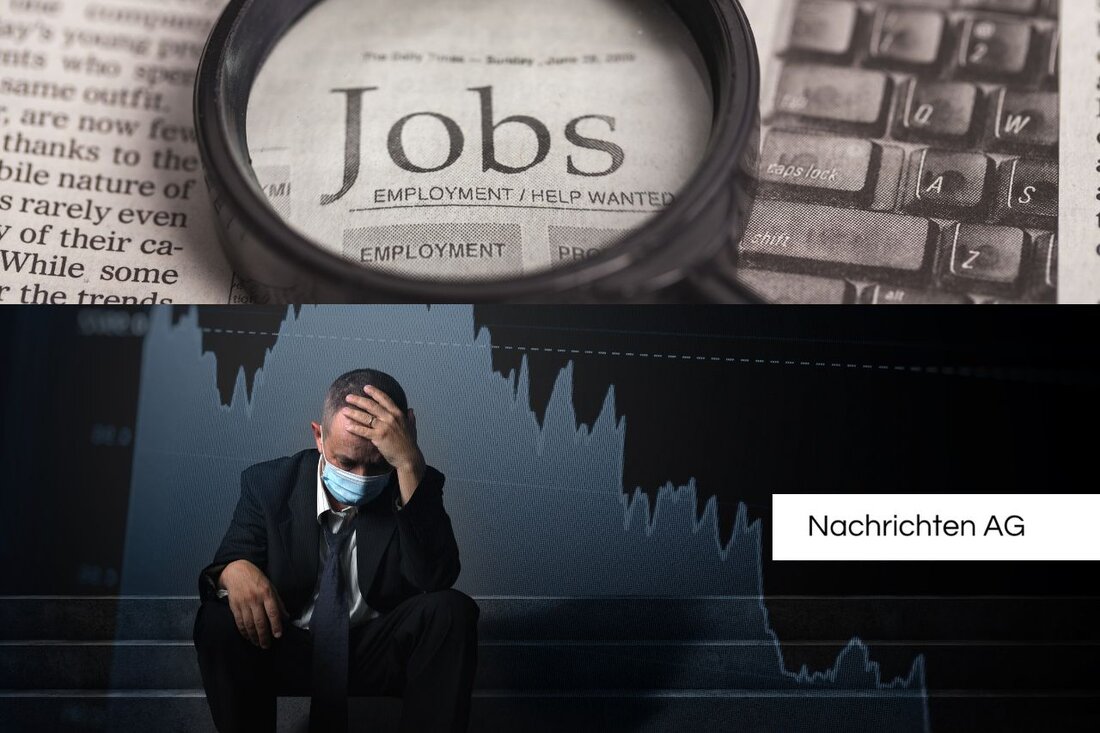125 years of the Guldeinschule: Rector calls for more support for students!
The Guldeinstrasse elementary school in Westend Munich celebrates 125 years and addresses the challenges of disadvantaged schools.

125 years of the Guldeinschule: Rector calls for more support for students!
The elementary school on Guldeinstrasse in Westend, Munich, can look back on 125 years full of stories and experiences. Founded in 1900 by renowned architect Theodor Fischer, the school has developed into an important place for education and community. Under the leadership of Rector Heike Stark, who knows the challenges of a so-called hot spot school, 65% of the 245 students now have a migrant background. This reality brings not only diversity but also enormous challenges.
Numerous school projects were presented at the 125th anniversary celebration, and prominent guests such as Florian Kraus from the Green Party and Mayor Verena Dietl from the SPD showed their commitment. The school can proudly point to its infrastructure: apple trees, a herb patch, an after-school care center and a sports field offer space for a wide range of activities. Particularly popular are the “Fair Play Soccer Break” with youth coaches and the weekly girls’ soccer group, which offer a positive balance to the challenges of everyday school life.
The problems behind the facade
But despite these successes, Principal Stark recognizes the painful realities that shape many of her students. Many of the parents have difficulty finding their way in the Bavarian school system. It's often a challenge that results in a lot of talking, as Stark points out. The barriers, not only language-related, but also educational-related, affect children's participation. Bahar Aslan, an expert in this field, describes hotspot schools as schools in underdeveloped neighborhoods that face high unemployment and poverty. These circumstances lead to increasing educational disadvantage, which must be addressed even more urgently in order to ensure equal opportunities [bpb] reports that current educational and social policies often fail.
A central problem is the lack of qualified personnel. The school on Guldeinstrasse urgently needs support - speech therapists and school assistants would be a great relief for the teachers. Many of them are already volunteering to provide additional help. The school's support association is actively looking for support for celebrations, projects and learning aids. Donations make it possible to finance school trips and additional teaching staff, which makes a big difference for many children.
Education in diversity
Educational opportunities for children with a migrant background are often unevenly distributed. Data shows that these young people are less likely to attend daycare and are overrepresented in secondary schools, while they are underrepresented in high schools. Their academic skills are often lower, as the PISA study impressively shows. While, for example, 25% of primary school children with a migrant background are at risk in reading, school dropout rates among 21-30 year olds with a migrant background are also significantly higher [Wissensatlas-bildung] documents that there is still a lot of catching up to do here.
The need for support and positive accents is therefore clear. Rector Stark and many teachers at Guldeinstrasse know that the road to better education for their students is still rocky. Critics like Bahar Aslan are calling for a change in education and social policy to ensure a fairer future for all children. The challenges are great, but the willingness to work on them and stand up for the children in the Westend remains unbroken.

 Suche
Suche
 Mein Konto
Mein Konto